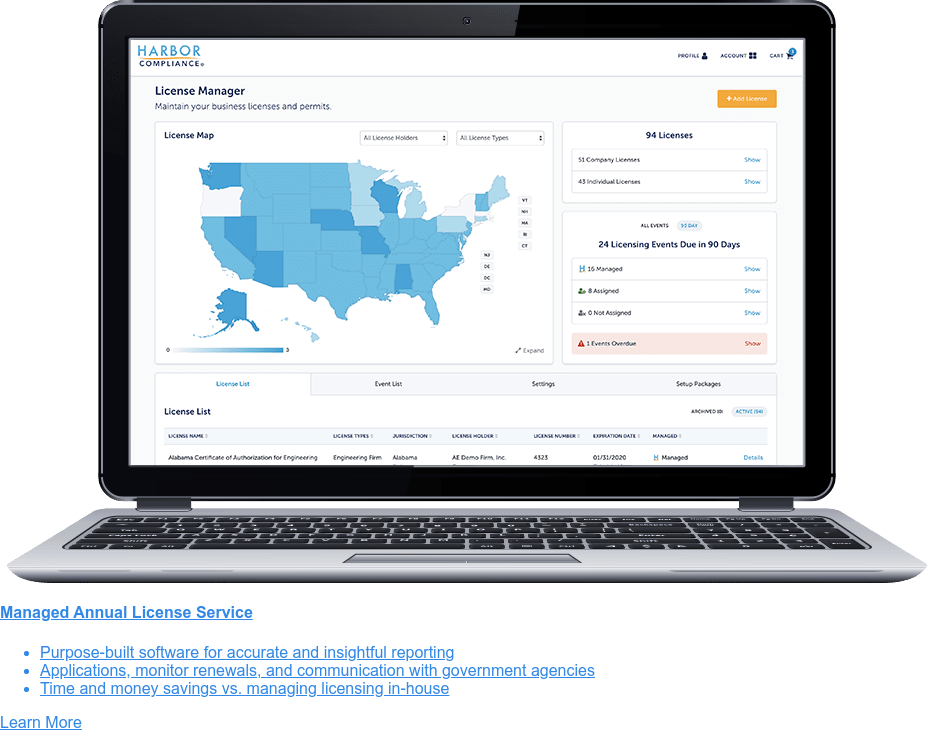50-State Engineering Licensing Compliance Guide

Before providing engineering or engineering-related services in a state, it is important to understand the licensing requirements that may apply to your firm. Many state boards of engineering and secretaries of state require registration when engineering industry firms conduct business in their state.
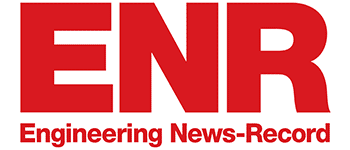
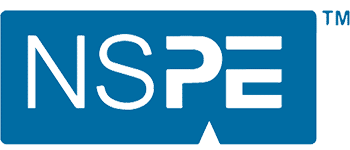
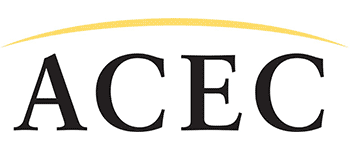
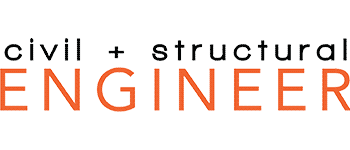

Beyond entity-level requirements, firms also have individual licenses of qualifiers to track and maintain. This guide provides all the relevant resources you need to manage these requirements, including registering your entity in new states, managing certificates of authorization, and maintaining individual professional licenses.
In addition to our online resources, we provide complete compliance solutions for engineering industry firms, including advanced software for licensing, tax, and entity management and a suite of service packages to provide your staff with guidance and support from AE compliance specialists.

Licensing for Engineering Firms
Find out everything you need to know to license your firm and manage renewals, so you’re always ready to bid opportunities and provide services.

Licenses for Engineers
Explore requirements for becoming a licensed engineer, including education, exams, training, applications, and state application processes. And remember to keep up with continuing education requirements and file your renewals.
Professional Engineer Licensing
Explore Engineering Licenses by State
Design Firm - Engineering firm registration is sometimes grouped with architecture and land surveying on a single “design firm” application form.
EI (Engineering Intern) - A term also used to describe an Engineer in Training.
EIT (Engineer in Training) - A professional designation granted upon having completed at least 3 years of school at an ABET-accredited university and having passed the FE exam.
FE (Fundamentals of Engineering) - An exam testing on basic engineering principles that is required to become an engineer in training.
PE (Professional Engineer or 'Principles and Practice in Engineering') - Means either Professional Engineer or refers to the Principles and Practice in Engineering exam that is a prerequisite for an engineering license.
Reciprocity - When a licensed engineer in one state can provide documentation (often an NCEES Record) to more easily apply for a license in another jurisdiction.
Accreditation Board for Engineering and Technology (ABET)
Accrediting board that sets standards for university programs in a variety of applied science disciplines.
American Council of Engineering Companies (ACEC)
Engineering, architecture, and land surveying advocacy group.
American Society of Civil Engineers (ASCE)
Organization that provides continuing education, professional conferences, and advocacy efforts to the civil engineering community.
American Society of Mechanical Engineers (ASME)
Mechanical engineering organization that focuses on education and professional development.
Engineering Accreditation Commission (EAC)
Reviews accreditation requirements and makes final decisions regarding the accreditation process.
National Council of Examiners for Engineering & Surveying (NCEES)
Develops, administers, and scores the exams used for engineering licenses.
National Society of Professional Engineers (NSPE)
NSPE is an advocacy group for professional engineers.


